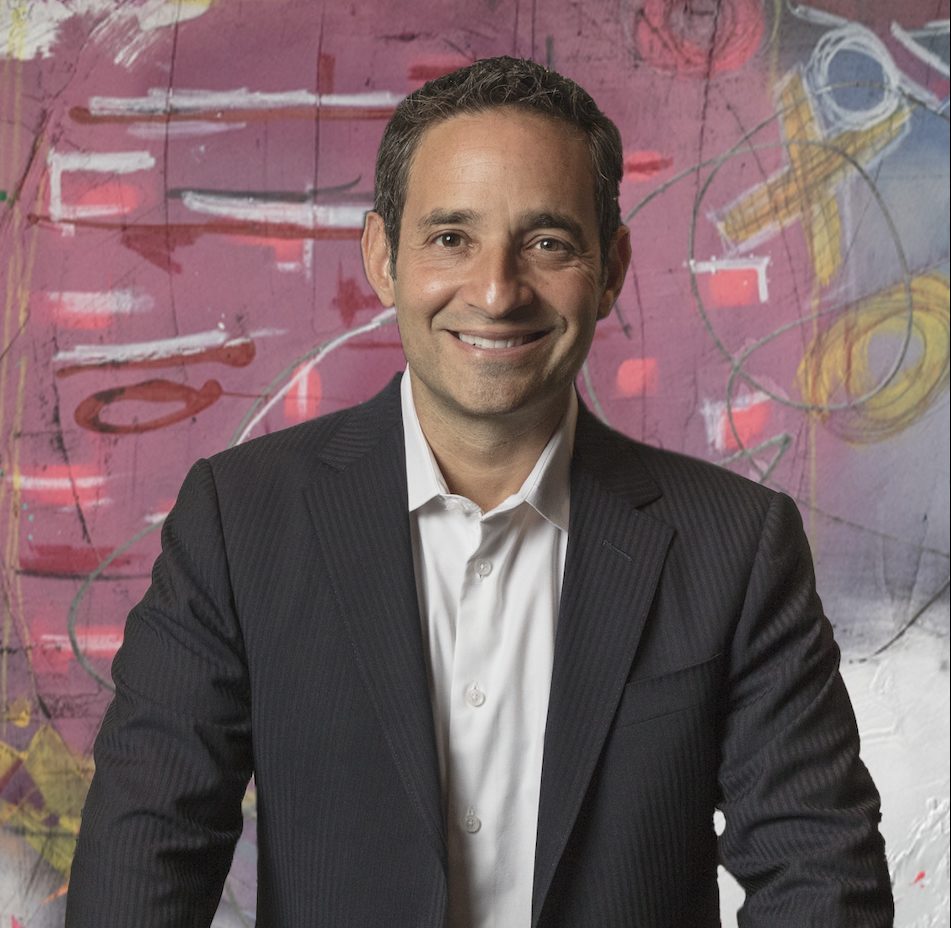
Throughout, we will take a critical and human rights perspective, and will ensure a voice for all. In this workshop, we’re going to take steps to address this, focusing on identifying genuine education problems that the application of AI might help address. Workshop: The right type of AI in educationĬurrent AI in education approaches tend to be solutions- rather than problems-oriented.

It will identify and address many of the key myths, and will pose more questions about AI and the futures of learning than it answers.

Accordingly, this presentation will explore teaching with and about AI, from a critical studies and human rights perspective. Current approaches tend to be solutions- rather than problems-oriented, and all too often replace teacher functions rather than empower teachers, while the teaching of AI almost always focuses on the technological dimension of AI to the exclusion of the human dimension. However, such claims tend to be aspirational rather than evidence-based (Miao & Holmes, 2021), and overly-simplistic, forgetting issues such as agency, pedagogy, surveillance, efficacy, and ethics (Holmes et al., 2021 Holmes et al., in press Holmes & Porayska-Pomsta, in press Porayska-Pomsta, Holmes and Nemorin, in press). OECD, 2021) – problems such as the lack of qualified teachers, student underachievement, and better preparing learners for workplaces and career paths that may be very different from current paradigms. A Critical Studies PerspectiveĪrtificial Intelligence (AI) is frequently hailed as a ‘solution’ to many of education’s core problems (e.g.

Keynote speech: Artificial Intelligence and Education.


 0 kommentar(er)
0 kommentar(er)
